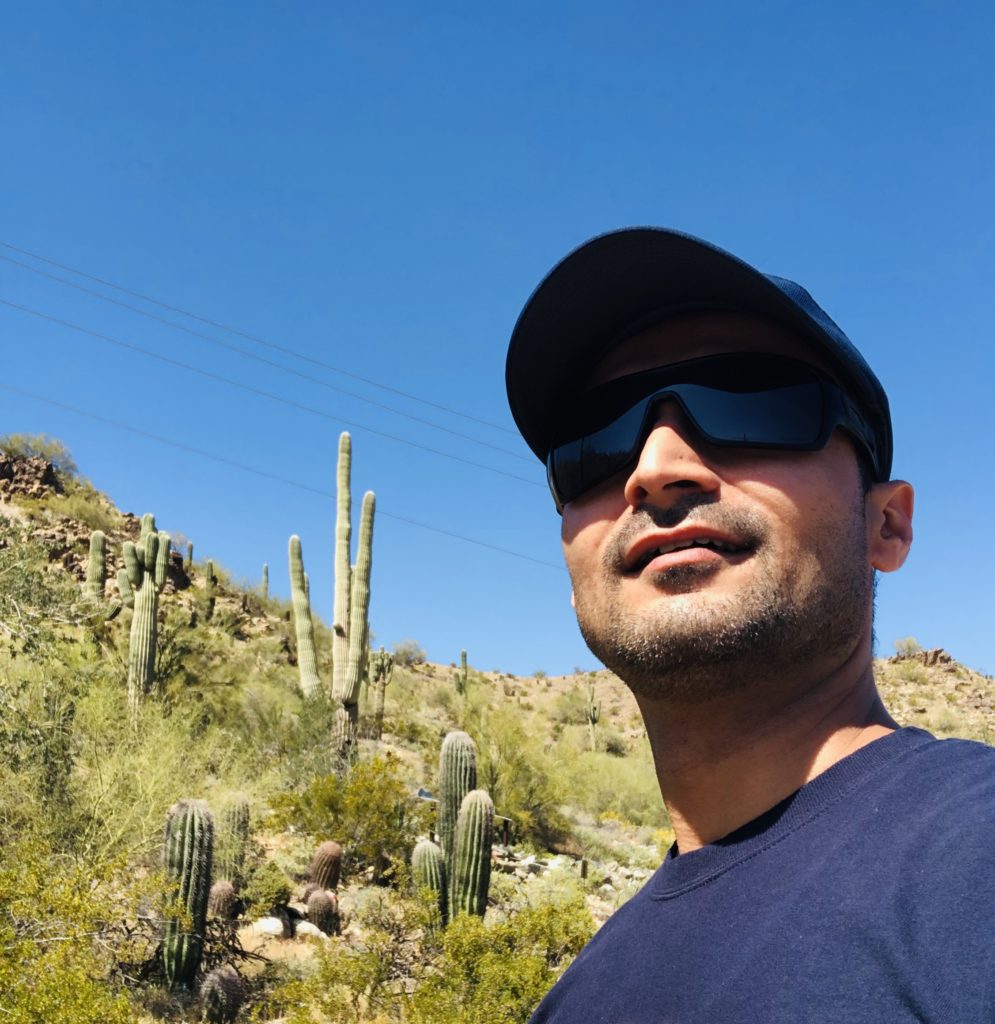According to the WHO, optimal health is not merely the absence of disease, but a state of complete physical, mental, and social well being. The concept of Integrative Medicine is based on a holistic approach to disease management and well being. Integrative Medicine utilizes both conventional and unconventional treatment modalities. The umbrella term, Complementary and Alternative Medicine (CAM), refers to unconventional or non-traditional treatment modalities that are generally not considered mainstream. Complementary and Alternative treatments are used together with, or instead of, conventional treatments respectively.
CAM can be broadly divided into two groups: 1. diets, supplements, and herbs; 2. mind-body practices like yoga, meditation, acupuncture, hypnosis, massage, and Reiki. Cancer patients use often use CAM for their supposed (sometimes unproven) anti-cancer properties and symptom management. The terms Integrative Medicine and CAM are sometimes used interchangeably. The practice of Integrative Medicine draws heavily from the use of CAM, although the scope of Integrative Medicine is undoubtedly broader and more comprehensive than CAM.
The use of natural products, mind-body techniques like yoga, meditation, deep breathing, tai chi, and chiropractic manipulations are the most popular CAM approaches in the US. Studies show that although many cancer patients use CAM, oncologists only infrequently discuss the use of CAM. One significant barrier to widespread adoption and promotion of CAM by physicians is the lack of rigorous scientific evidence to support the anti-cancer properties of many CAM modalities. On the other hand, many studies show that CAM is useful for symptom management. CAM treatments are generally not covered by insurance and can be expensive. Sometimes CAM may be associated with patient harm.
In 2018, the American Society of Clinical Oncology endorsed the guidelines developed by the Society of Integrative Oncology for the use of Integrative therapies during and after Breast cancer treatment. A summary is as follows: the guidelines recommended the use of Meditation, yoga, acupuncture, and massage therapy for managing anxiety, stress, depression, and pain. Acupuncture is useful for managing hot flashes. Hypnosis, ginseng, acupuncture, and yoga are helpful for fatigue, although evidence is weak. Many patients report improvement in overall wellbeing after integrating these therapies with conventional treatment.
The use of herbs, supplements, and special diets is also widespread among cancer patients. Common herbs and supplements promoted for their cancer-protective roles include garlic, ginger, flax seeds, turmeric, maitake mushrooms, olive oil, and Vitamin D. Scientific data suggest that herbs and supplements do not cure cancer. In fact, in some cases, the use of herbal products may cause patient harm. On the contrary, there is some evidence to support the use of dietary patterns for their anti-cancer properties. For example, the Mediterranean diet has been shown in some cases to decrease cancer risk. The risks and benefits of herbs should be weighed carefully before consuming them as a part of cancer treatment. A website and mobile phone app called ” About Herbs,” developed by the Memorial Sloan Kettering Cancer Center, is a great resource to understand the potential benefits and side effects of herbs and supplements.
In summary, Integrative Medicine is a promising concept aimed at maintaining complete well being rather than merely focussing on disease management. In the context of cancer treatment, the ideal treatment plan should integrate conventional treatments (like surgery, chemotherapy, targeted therapy, immunotherapy) with evidence-based CAM modalities (like meditation, yoga, acupuncture, nutrition). Currently available data support the use of IM approaches for symptom management and improving well being during cancer treatment.
An ideal Integrative Oncology based treatment plan may be the one that utilizes evidence-based CAM for “living well” through conventional cancer treatment, rather than replacing conventional but proven cancer treatments.
References:
http://ascopubs.org/doi/full/10.1200/JCO.2018.79.2721
https://www.cancer.net/blog/2015-04/5-things-you-should-know-about-herbs-and-supplements
https://www.mskcc.org/cancer-care/diagnosis-treatment/symptom-management/integrative-medicine/herbs



Recent Comments